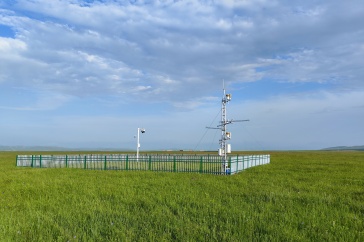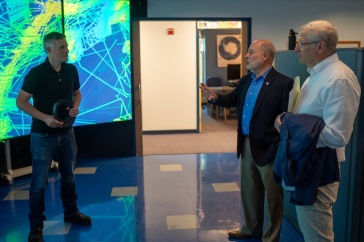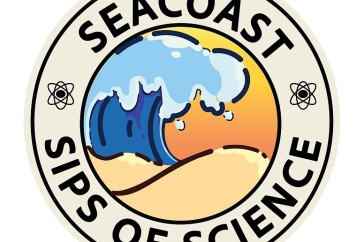On Thursday, June 18, 2015, Pope Francis made history in an encyclical — a papal letter that is distributed to all bishops in the Roman Catholic Church — entitled “Laudato Si,” in which he acknowledged that climate change is real. The 180-page document is the first to focus only on environmental issues. In it, the pope stated that climate change “represents one of the principal challenges facing humanity in our day,” and he hopes the letter will help us recognize “the appeal, immensity and urgency of the challenge we face.”
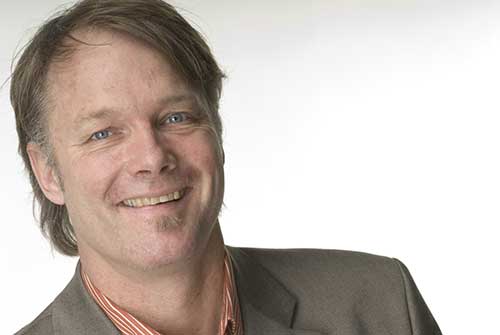
We asked some of UNH’s climate change experts about the implications of the encyclical. Cameron Wake, a climatologist at UNH’s Institute for the Study of Earth, Oceans, and Space, says that he expects the pope’s statements to have an impact on the broad perception of climate change. He cites three reasons for this. “First,” he says, “the pope took a rational approach that was grounded in scientific literature, so it reflects what science is already telling us. Second, the pope is speaking to a huge audience” of about 1 billion Catholics worldwide. His voice would not be as influential in the climate change conversation, says Wake, “if he made these statements in isolation. But by connecting it to the central teachings of the church, then they become powerful.”
And third, Wake says the pope “connected the impacts of climate change to the impacts on those who are most vulnerable,” the poor. Pope Francis has previously shown that he supports the poor, so by speaking on their behalf in the encyclical he is furthering the effort to connect issues of global poverty with the issue of climate change, Wake says.
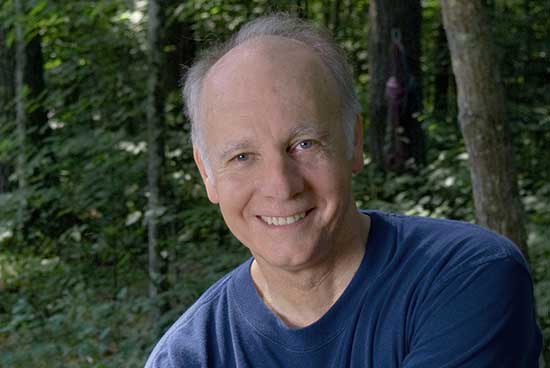
UNH sociology professor Larry Hamilton, who studies environmental sociology, says that Pope Francis’s words could influence people’s political views on climate change. “A lot of people who don’t have much information on climate change are not very set in their opinions,” he says, “so the pope’s statements have the potential to be influential.” However, not everyone’s opinions will change. Hamilton notes that more than 95 percent of scientists who study this topic already think that human-caused climate change is real and problematic, and the pope’s encyclical adds a moral dimension to this scientific consensus. He adds that those with “hardcore ideological views” that climate change is a hoax and conspiracy will not be swayed, but instead “will go to back to sources of information that tell them they’re still right.”
When asked about the effect the encyclical will have on the upcoming 2016 presidential election, Hamilton thinks the candidates are “not talking enough about science in general,” and that there is an “anti-science sentiment in the race.” He hopes that, regardless of whether the pope has changed people’s minds about climate change, his statements bring the conversation about climate, the environment and science back to the public’s attention.
Similarly, with the upcoming United Nations Climate Change Conference in Paris this December, Wake says the pope’s encyclical could have a big impact. “The pope has provided the wind for our sails” in support of a significant global agreement on the reduction of greenhouse gas emissions.
-
Written By:
Madeleine Shuldman | Communications and Public Affairs | Madeleine.Shuldman@unh.edu














































